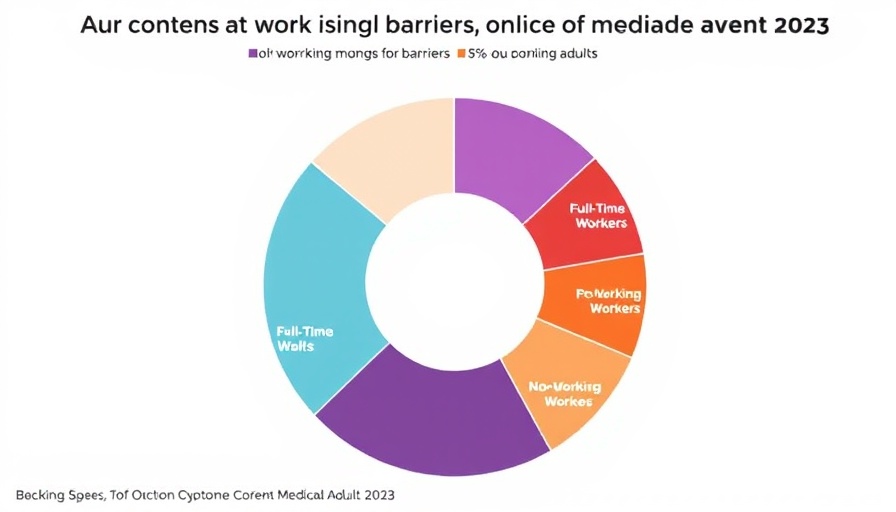
The Changing Landscape of Medicaid Work Requirements
Recent discussions in Congress have rekindled the topic of work requirements within Medicaid, drawing attention to the complex intersection of health coverage and employment. With proposals emphasizing that Medicaid enrollees should either work or actively seek employment to maintain their coverage, many wonder how this could affect the most vulnerable populations, especially those in retirement or nearing retirement.
Who Benefits from Medicaid Coverage?
Contrary to some perceptions, most Medicaid participants are already engaged in the workforce. In 2023, data indicated that two-thirds of Medicaid adults ages 19-64 were working. A significant portion of non-working individuals cited caregiving, illness, or school responsibilities – all qualifying exemptions under previous guidelines. This raises a critical question: Are work requirements truly aimed at fostering employment, or are they simply introducing more barriers for those needing assistance?
Employment Status and Health: An Inextricable Link
The correlation between health status and employment is undeniable. Individuals in better health tend to maintain steady employment. Conversely, those facing health challenges, whether due to illness or disability, might find it more difficult to meet work requirements. This presents a unique challenge: as the requirement criteria tighten, the risk of disqualifying eligible individuals increases, likely leading to greater enrollment drops without necessarily boosting employment rates.
The Bureaucratic Burden: A Hidden Challenge
Beyond the philosophical discussions on work and welfare, the practical implications of compliance present a daunting hurdle. Many Medicaid enrollees could struggle with the added administrative responsibilities tied to work reporting. The excessive bureaucracy associated with monitoring work statuses, meeting deadlines, and submitting paperwork may overwhelm vulnerable populations, casting a shadow on their eligibility and security.
A Look Ahead: Future Healthcare Policies
As political tides shift, myriad states are considering the implementation of work requirement waivers, anticipating potential changes in federal policy. Georgia remains the lone state with an active work requirement waiver amidst pending legal challenges. Observers argue that as new policies unfold, they will significantly reshape Medicaid's role in providing healthcare for low-income individuals, especially as they approach retirement.
Addressing Misconceptions about Medicaid Work Requirements
A common fallacy is that Medicaid is solely for those who do not work. Yet, data show that the majority of enrollees are employed, challenging the narrative that Medicaid covers only the jobless. Understanding the diverse experiences and challenges faced by Medicaid recipients is essential in shaping fair and effective policies.
 Add Row
Add Row  Add
Add 




Write A Comment